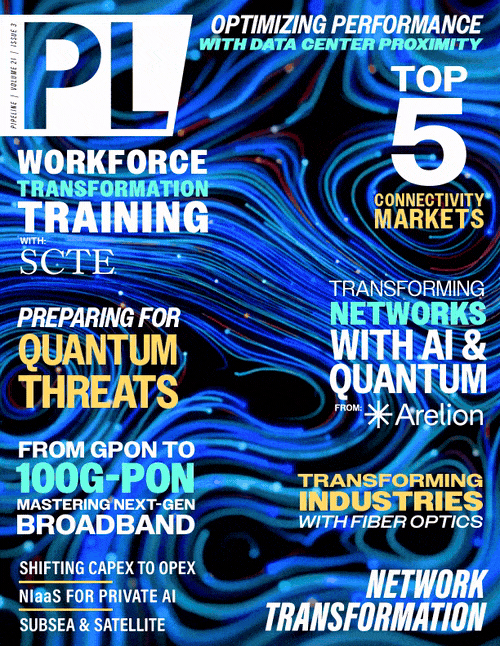News Center
Telkomsel and ZTE Implement Self-Adaptive Feedback TechnologyTelkomsel and ZTE Implement Self-Adaptive Feedback Technology to Strengthen Hyper AI for 4G Networks in Makassar and Kendari
Telkomsel and ZTE announced that they have introduced an AI and Machine Learning based network solution to enhance the quality of their 4G/LTE services in Makassar and Kendari. Known as the Self-Adaptive Feedback solution, this advanced technology marks the continuation of the two companies' collaboration at Mobile World Congress 2024 in Barcelona, reinforcing Telkomsel's end-to-end AI and ML driven approach (Hyper AI) aimed at delivering customer-centric network excellence. As the demand for high-speed internet continues to grow, Telkomsel and ZTE have introduced the Self-Adaptive Feedback solution to optimize network performance without requiring additional hardware. This technology enables service providers to automatically adjust network parameters, such as speed and power control, to handle heavy, resource-demanding applications such as video streaming and gaming. Additionally, the solution helps reduce operational costs through energy efficiency. Wong Soon Nam, Telkomsel's Chief Strategic Planning Officer, stated, "In line with our commitment to continuously improving service quality through the latest technological innovations, Telkomsel and ZTE have reviewed and implemented the Self-Adaptive Feedback solution in Makassar and Kendari to provide a smoother and more efficient internet experience. We hope that the adoption of cutting-edge technology like Self-Adaptive Feedback – as part of Telkomsel's Hyper AI approach – will not only enhance customer satisfaction but also strengthen our position as an industry leader consistently delivering positive impacts and benefits for Indonesia." Network tests with Self-Adaptive Feedback in Makassar and Kendari have shown a significant improvement in user experience. Video buffering has decreased by 15% while download speed has increased by 11% and webpage loading times have improved by nearly 30%. Gaming latency has also decreased by up to 47%, offering a more responsive gaming experience. In addition to performance improvements, Self-Adaptive Feedback technology is equipped with energy-saving features that automatically shift base stations to low-power mode during low-traffic periods. Power efficiency has improved by around 15%, while energy consumption has decreased by 8%, contributing to operational cost savings. Richard Liang, President Director of ZTE Indonesia, stated, "We are proud to collaborate with Telkomsel in delivering innovative solutions that can support user needs. At ZTE, we believe that every innovation brings new hope and opens the door to various opportunities in the future. By integrating artificial intelligence into the network, we not only enhance efficiency but also address the increasing demand for access to high-quality digital content. Through this collaboration, we are committed to improving the quality of digital access in Indonesia and making a positive contribution to society." To date, Self-Adaptive Feedback technology has been deployed at over 90 Telkomsel sites, benefiting more than 300,000 customers. As part of the Hyper AI approach – particularly within Telkomsel's leading Autonomous Network architecture that leverages AI for faster and more reliable network service automation – the implementation of Native AI will be expanded across the entire Telkomsel-ZTE network in Indonesia. This initiative aims to accelerate digital progress across various sectors, including education, business, and daily life. Source: Telkomsel and ZTE media announcement | |

















